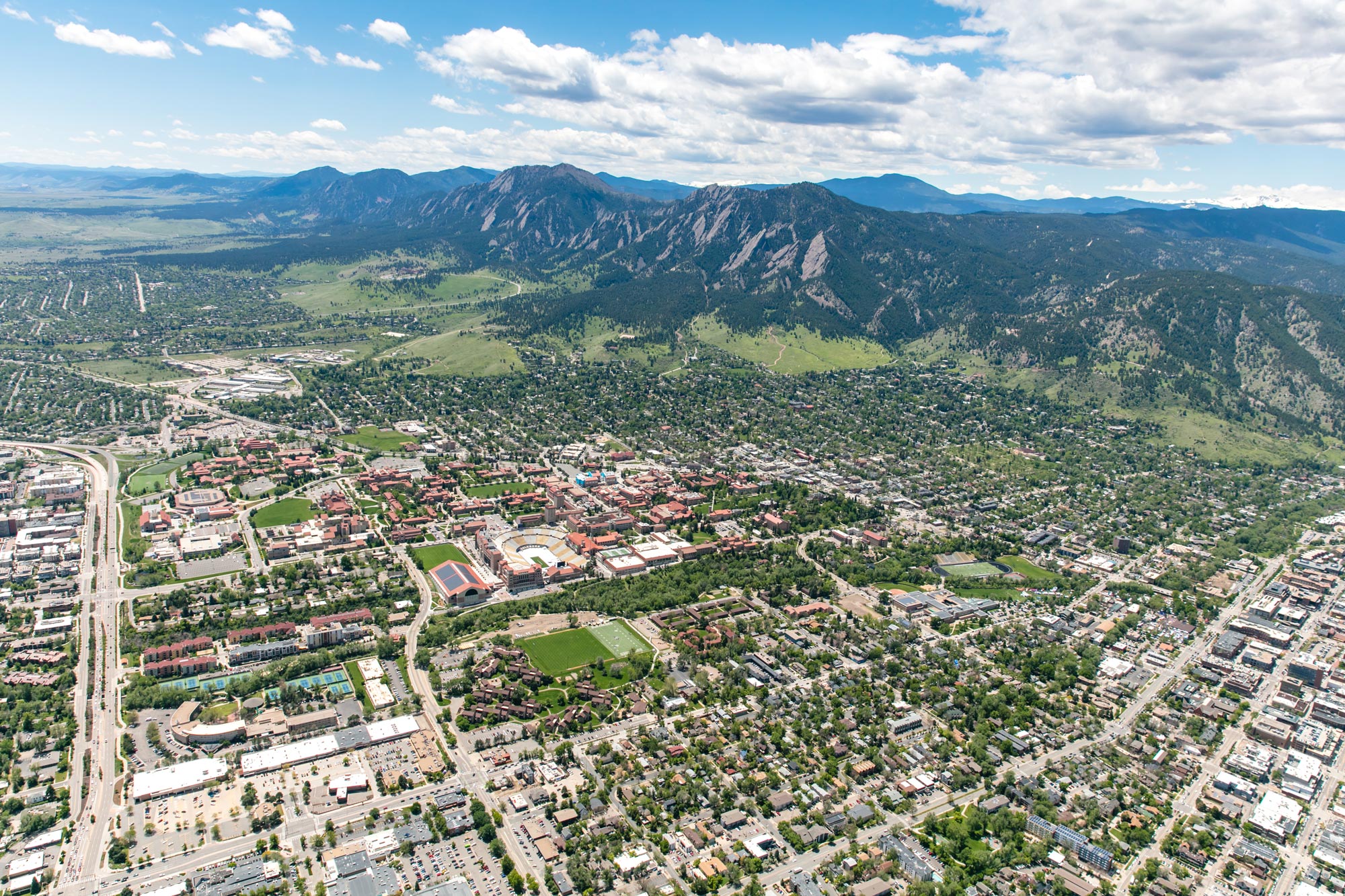A healthy, accessible, resilient, and sustainable economy based on innovation, diversity, and collaboration that benefits all residents, businesses, and visitors.
- Advanced the Office of Arts and Culture’s initiatives in 2025 by finalizing the Boulder Arts Blueprint, completing the first full year of Arts, Culture, and Heritage funding, and progressing multiple public art projects, including $900,000 in contracts for work at Western City Campus and a new mural installation in the 15th & Pearl garage.
- Installed two new public art pieces, hosted five Experiments in Public Art lectures and workshops, welcomed over 200 participants on free downtown walking tours, and opened three new calls for upcoming public art projects.
- Awarded $1.63 million in Boulder Arts Commission Cultural Grants—up from $1.3 million in 2024—supporting a total of 180 grants, with most new funding directed to expanded General Operating Support. Achieved additional milestones, including revamping the Creative Neighborhoods Program, completing the Artist Census, and hosting a successful Boulder Arts Week that attracted over 18,000 people to 150 events.
- Enhanced and restored agriculture production on approximately 300 acres of OSMP lands at 13 different sites by removing prairie dogs, improving water delivery and soil conditions, and planting seeds.
- The Office of Special Events issued 168 event permits and 106 film permits and successfully supported major gatherings including Boulderthon, BolderBoulder, Boulder Creek Festival, and the first ever Roots Music Fest. The team also launched the Office of Special Events newsletter and helped deliver more than 200 days of activation throughout the year.
